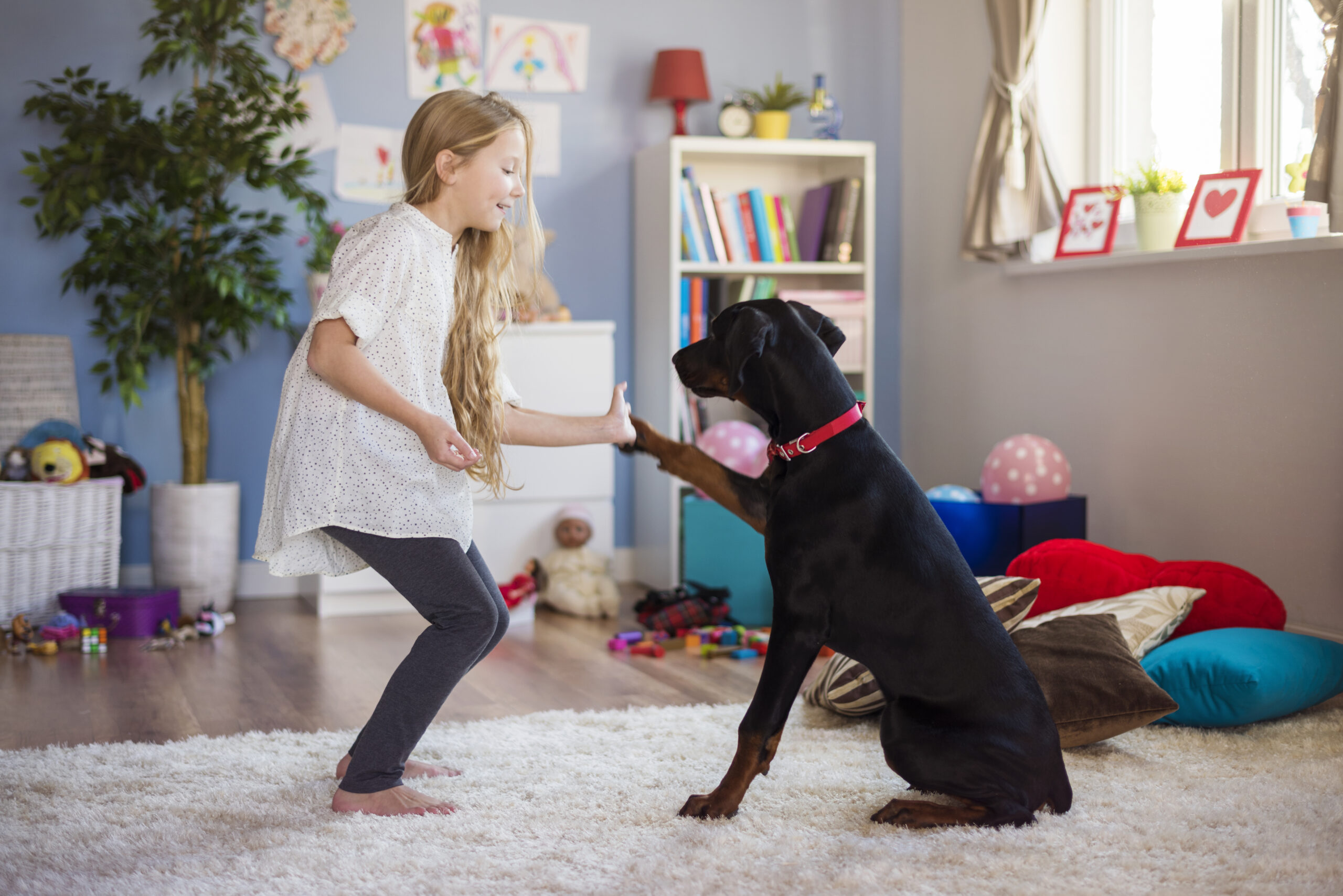Animal-Assisted Play Therapy (AAPT) is a specialized form of Zoothérapie that integrates therapy animals into playful, interactive sessions designed to help children heal emotionally and mentally. This approach blends the benefits of play therapy with the comforting presence of animals, making it particularly effective for children facing trauma, anxiety, or developmental challenges.
What is Animal-Assisted Play Therapy?
Animal-Assisted Play Therapy involves using trained therapy animals in structured play sessions with children. The goal is to create a safe, supportive space where children can express emotions through play while feeling comforted by a therapy animal, like a dog or cat. Play helps children process complex emotions, and the presence of animals lowers stress and anxiety. Learn about other techniques enhanced by animal-assisted therapy in our article on powerful therapy techniques.
Tip: Therapists choose therapy animals based on their temperament and their ability to engage calmly and non-judgmentally with children.
How It Works
In a typical session, a child might play fetch, groom the therapy animal, or sit and pet the animal while talking with the therapist. These interactions allow children to open up and communicate feelings they might otherwise struggle to express verbally.

Example: A child who has experienced trauma may initially be withdrawn, but with the gentle, non-verbal support of a therapy animal, they often begin to relax and feel safe enough to explore their emotions.
The Benefits of Animal-Assisted Play Therapy
- Emotional Regulation – Therapy animals help children calm down during difficult moments, providing a sense of emotional stability.
- Building Trust - Many children find it easier to trust and connect with an animal. This connection can later help them build better relationships with people.
- Non-verbal Support – Animals provide companionship for children who struggle to express their emotions. This support doesn’t rely on words, making it uniquely comforting.
- Increased Engagement - Therapy animals make play therapy more engaging and interactive, which often leads to better outcomes for the child.
Who Can Benefit from AAPT?
AAPT is particularly beneficial for children dealing with anxiety, depression, autism, ADHD, or trauma. The presence of an animal helps them feel understood and supported, which can make therapy more approachable and less intimidating. Therapy animals can be ideal companions for various needs, as highlighted in our post on top companionship pets for comfort and support.
Conclusion
Animal-Assisted Play Therapy offers a unique and powerful way to help children heal.AAPT combines the natural healing abilities of therapy animals with the effectiveness of play therapy, providing children with a safe space to grow, heal, and manage their emotions. For more on the benefits of animal-assisted interventions, explore this research overview from the American Psychological Association, which highlights the positive impact on emotional well-being.

